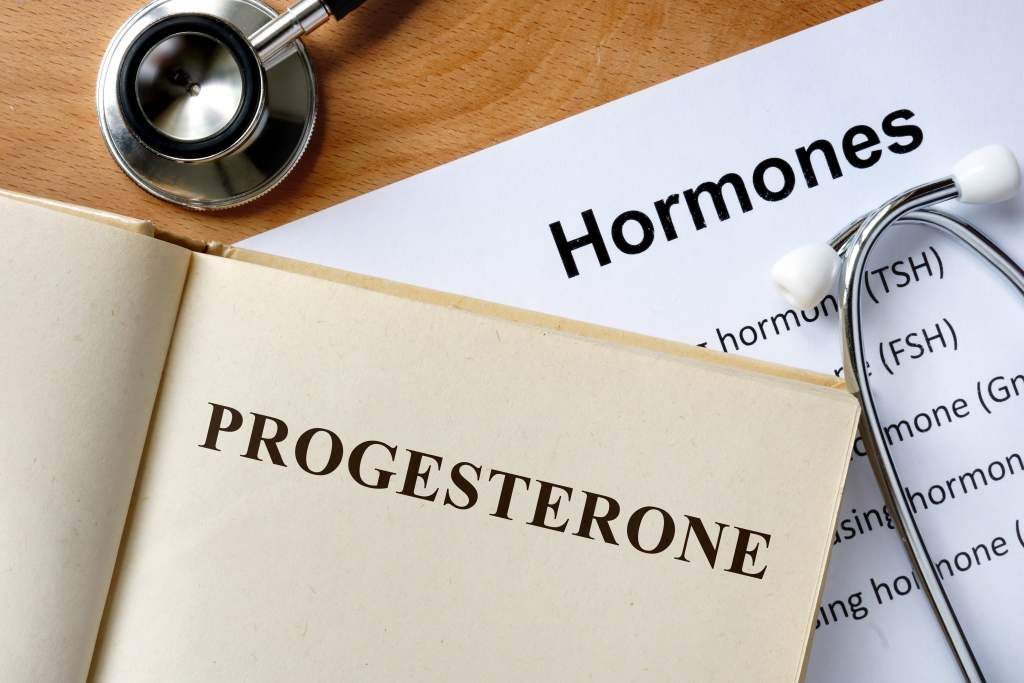What is Low Progesterone?
Progesterone is a hormone that has a variety of functions in women. It is produced by the ovaries and is at different levels at different points in a woman’s monthly menstrual cycle. Progesterone levels rise after ovulation, which is the mid-cycle release of an egg. Low levels of progesterone can be normal in the early half of the menstrual cycle.
Identification
Progesterone is produced in the ovaries during ovulation. It functions to prepare the endometrial lining of the uterus for a fertilized egg. A fertilized egg will implant into this lining; however, if the egg is not fertilized, the level of progesterone will drop and the menstrual period will begin. If the egg is fertilized and implants into the uterus, the placenta will continue to produce progesterone.
Progesterone levels in a pre-menopausal woman before ovulation should be less than 1 nanogram per milliliter, according to WebMD. After ovulation, normal levels range from 3 to 25 ng/mL. After menopause, the normal level is less than 1 ng/mL.
Significance
Low levels of progesterone are relative to the day of the cycle and can indicate a number of problems. Low levels of progesterone can also lead to a hormonal imbalance, with too much estrogen in the body in relation to progesterone. It can indicate a woman is not ovulating and cause irregular menstrual periods and bleeding. Low levels of progesterone can cause tenderness in the breasts, irritability and mood swings, according to the Association of Women for the Advancement of Research and Education.
In pregnant women, low levels of progesterone can lead to a miscarriage.
Testing
Progesterone testing is done through blood tests. According to labtestsonline.com, it is sometimes necessary to measure progesterone levels throughout the menstrual cycle. Medications containing progesterone and estrogen, such as birth control pills, can interfere with results so these medications should not be taken for about four weeks before the test, according to WebMD.
Treatment
If a woman is having trouble conceiving, her doctor may prescribe progesterone to take a day or two after ovulation, according to SharedJourney.com. She will continue progesterone therapy until pregnancy is confirmed or her period starts. Pregnant women with low progesterone may be given progesterone in early pregnancy to support and maintain the pregnancy. Progesterone is given in its natural form or synthetic form and treatments may be given orally or through injections.
Menopausal Women
Women who are perimenopausal or menopausal also have low progesterone. This is treated with hormone replacement therapy, which can include estrogen only, progesterone only or a combination of the two. According to WebMD, though, estrogen without progesterone can cause cancer of the lining of the uterus. Progesterone causes the body to shed the lining of the uterus.






